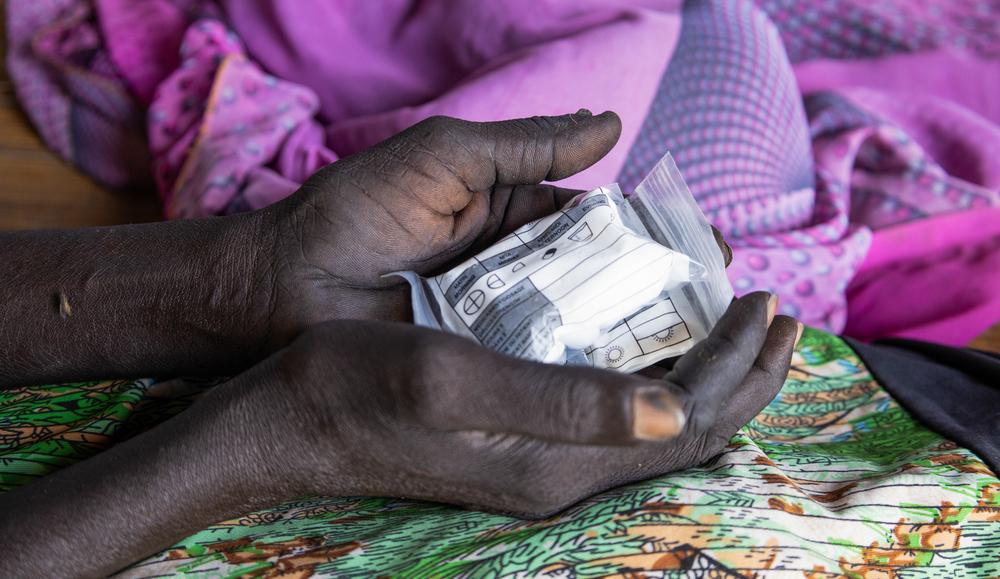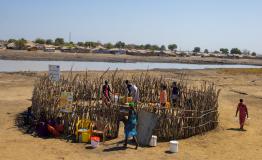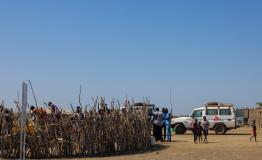Juba, South Sudan – In a Comment article published in The Lancet HIV, Médecins Sans Frontières (MSF) highlights the critical health crises posed by HIV and tuberculosis (TB) in South Sudan, exacerbated by ongoing conflicts and climate emergencies. With estimates indicating that only 41% to 62% of individuals living with HIV are aware of their status, and less than half receiving treatment, the need for immediate action is clear. The stagnation of TB incidence over the past decade further underscores the urgency of addressing these epidemics, which collectively contributed to a third of deaths among adults aged 15-49 in 2019.
To effectively combat these challenges, MSF recommends implementing flexible and adaptive healthcare strategies that prioritize person-centred solutions, including decentralized treatment distribution, adaptive supply chains, and robust data monitoring. Major donors, such as the Global Fund and PEPFAR, play a crucial role in this effort and must ensure that funding is allocated strategically to meet the diverse needs across the country. Addressing cultural barriers and stigma is also essential to ensure that vulnerable populations can access the care they need.
At MSF, we recognize that the intertwined crises of conflict and climate shocks are not just background issues; they are central to the ongoing HIV and tuberculosis epidemics in South Sudan. Our call to action is clear: we must adopt adaptive, integrated health strategies that respond to these challenges. Only by addressing the unique vulnerabilities faced by communities in this volatile environment can we hope to achieve meaningful progress in healthcare access and treatment outcomes for those living with these diseases.Buai Tut Chol, Deputy Medical Coordinator in South Sudan
The complexity of the situation in South Sudan demands a collaborative approach among stakeholders to develop responsive strategies that address both HIV and TB in crisis-afflicted contexts. As we confront these pressing health challenges, it is imperative to foster further dialogue and action to ensure that the needs of affected communities in volatile settings are met effectively and sustainably.
------------------------------------
https://www.thelancet.com/journals/lanhiv/article/PIIS2352-3018(24)00207-8/fulltext
Comment pieces are written by experts in the field, and represent their own views, rather than necessarily the views of The Lancet or any Lancet specialty journal.



